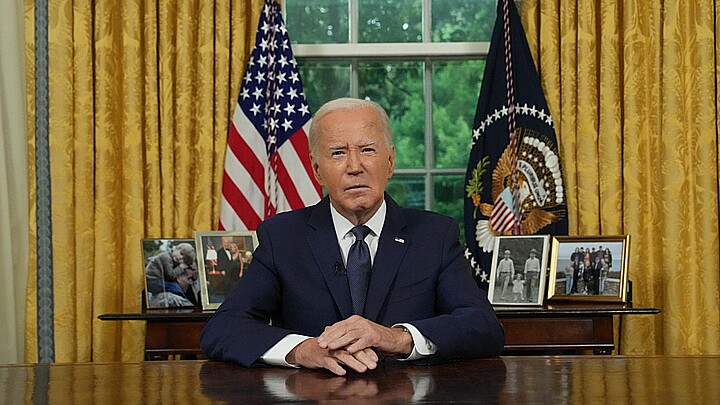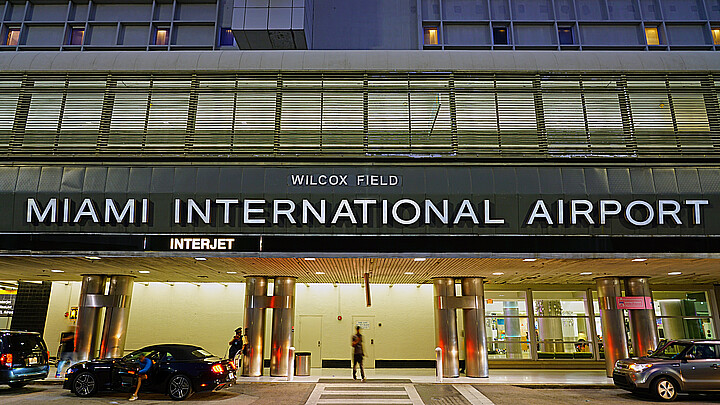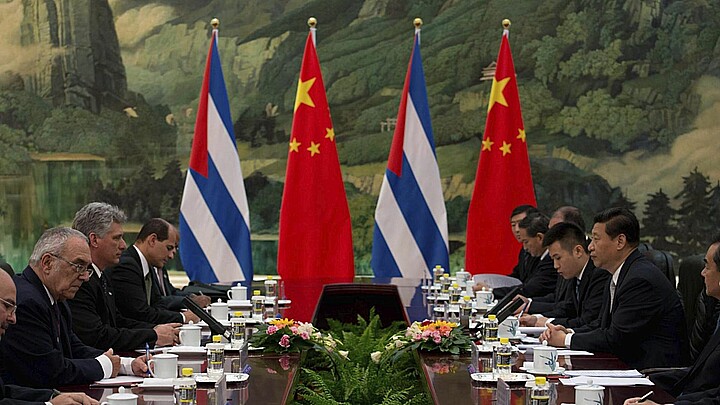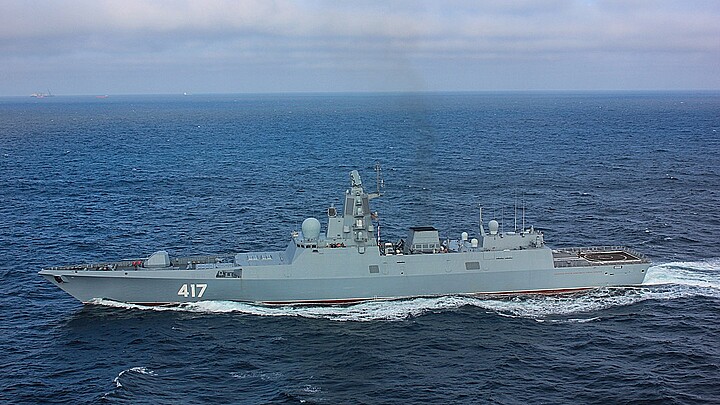Politics
Sweden turns on Cuban military dictatorship, supports revision of EU cooperation agreement with regime
The coordinator of the Assembly of the Cuban Resistance (ARC), Dr. Orlando Gutiérrez Boronat, described the pronouncement of the Swedish government as "historic"
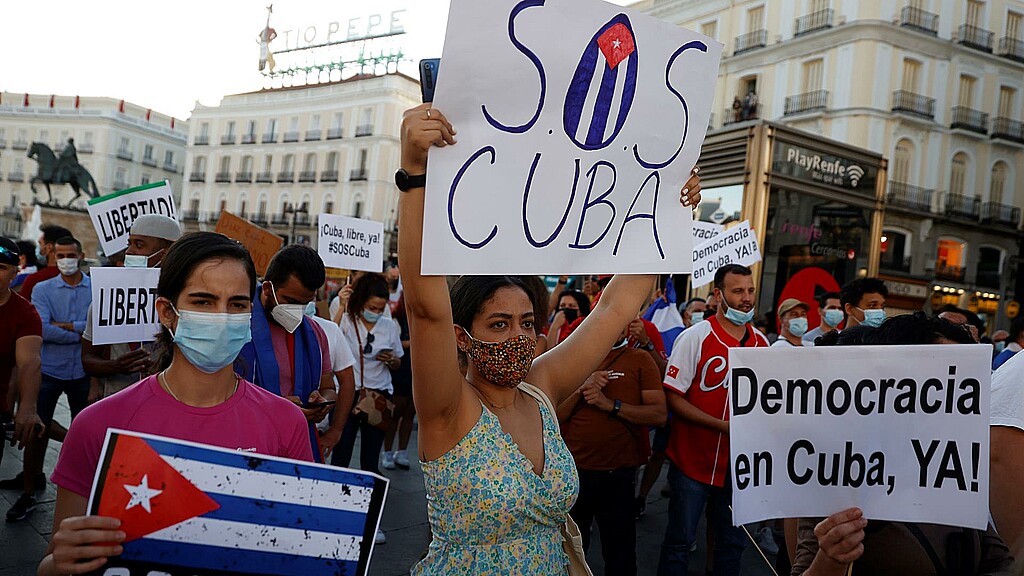
May 5, 2023 8:25am
Updated: May 5, 2023 8:25am
The Swedish government is supporting a revision of the so-called Political Dialogue and Cooperation Agreement (PDCA) between the European Union (EU) and the Cuban regime, a move that could deeply impact the Caribbean military dictatorship.
In a response to a letter about the agreement from deputy Björn Söder, Swedish Minister of Foreign Trade Johan Forssell indicated "there are reasons" to review the EU's policy towards Cuba.
"The government is concerned about the continuing negative events in Cuba and the repressive actions of the Cuban state. It can be said that the PDCA agreement has been provisionally applied for just over five years and our government's assessment is that there are reasons for a review of the EU engagement policy and the PDCA agreement, including EU aid to Cuba," Forssell said.
Dr. Orlando Gutiérrez Boronat, Coordinator of the Assembly of the Cuban Resistance (ARC), described the pronouncement of the Swedish government as "historic."
"It is a huge event. The suspension of the disgraceful financing of the European Union to a terror regime like that is a forceful act of support for the Cuban people in their fight for their homeland, their lives and their freedom," he added.
"The problem is that the financing of the European Union is being used to oppress the Cubans," Söder said in the letter, which highlighted irregularities in the agreement amid the escalation of Cuban police repression police and human rights violations.
In his letter to the Swedish executive branch, the legislator detailed how the funds sent by the EU to the island are being used by the Havana regime to repress those who dissent and keep the population in conditions of poverty.
Söder also took aim at a regime sponsored organization, the Federation of Cuban Women (FMC), that he says he masqueraded as an NGO, and "sells" itself to the world that way, but which, "in reality, is totally pro-government."
This organization, said the Swedish deputy, was part of the repression unleashed during the historic anti-government protests of July 2021 in Cuba.
Still, he complained that the European Union is currently financing an FMC program to strengthen its local affiliates.
He also took aim at the National Association of Small Farmers (ANAP in Spanish), which receives funds from the EU but attacks activists, a fact reported in 2021 Las Tunas province.
Söder concluded that "the PDCA has not improved the human rights situation in Cuba."
There are currently more than 1,405 political prisoners in Cuba, including 137 women. There are also a total of 675 citizens still being detained without trial.
Young people who were imprisoned as minors are being sentenced to work in labor camps. Cubans are arrested and forced to record videos, in which they are coerced to apologize to the revolution on national television, simply because they have posted critical messages about the country on social media, the European politician said.
Finally, Söder said that Cuba was not complying with the terms of the agreement and asked Minister Forssell:
"Does the Government intend to take the initiative to ensure that the EU suspends the PDCA agreement and suppresses aid, both direct from the EU as a hint of the EU through the United Nations system, to the organizations controlled by the Cuban regime. If not, why?"
The so-called Political Dialogue and Cooperation Agreement (PDCA) was signed in 2016, but to date not all EU countries have ratified it.

